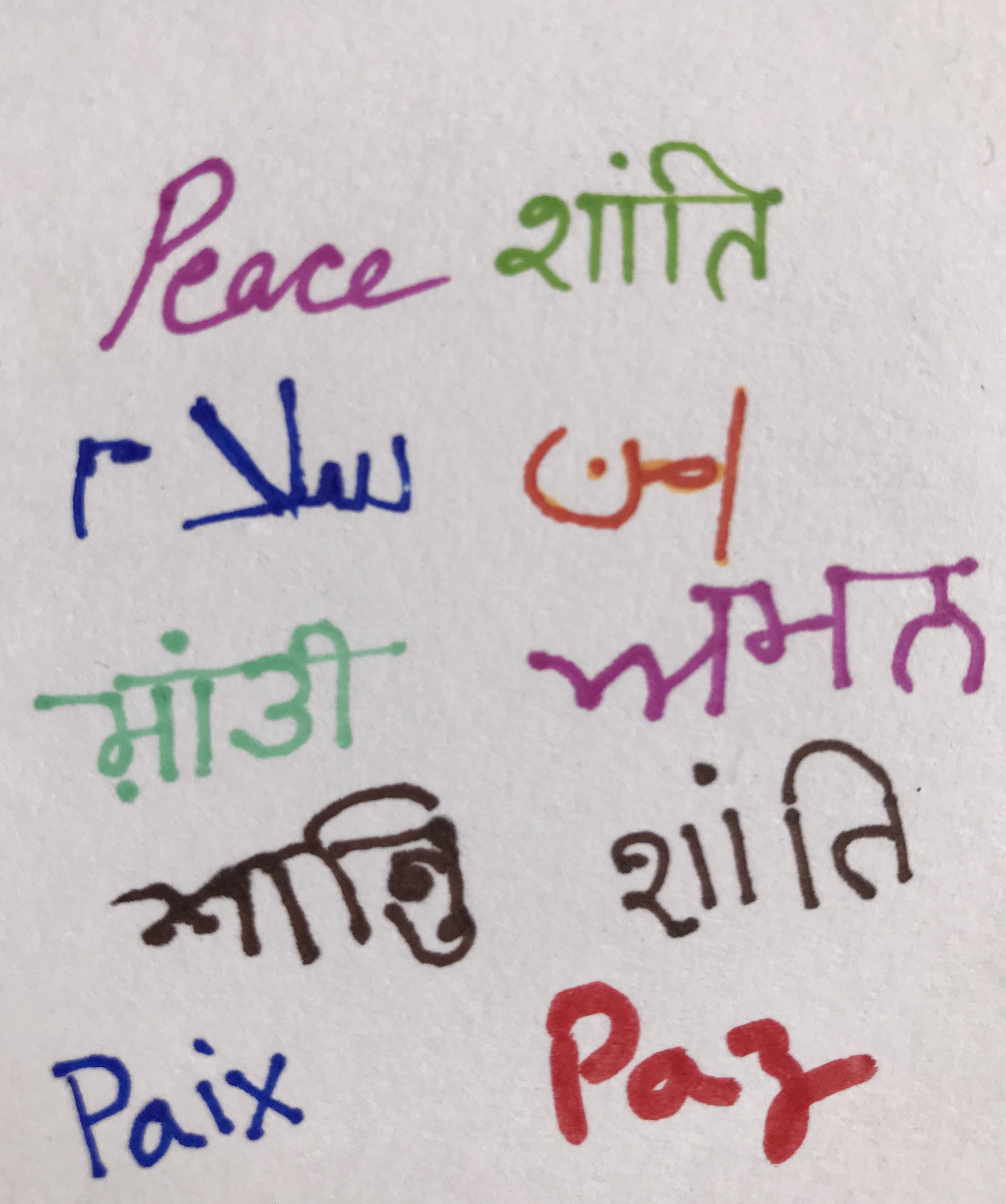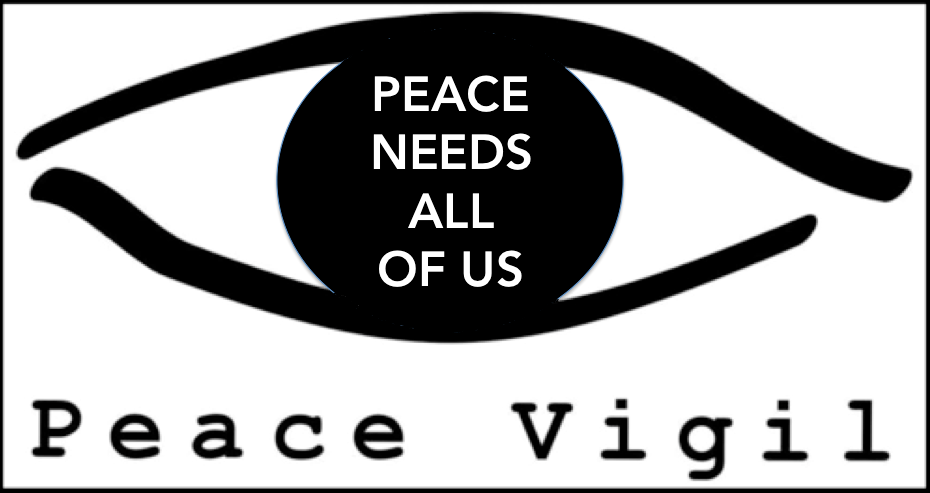Mitochondrial Dysfunction and Peace - Webinar
What do you think of when you think of the right to health care?
For me, the first thing I think of is the movements for HIV-AIDS patients of the 1980s. HIV is an infectious disease that fortunately claims far fewer lives than it once did, in part because of the success of patient movements that demanded universal access to treatment and an end to the stigma of living with HIV.
While all diseases are serious, would it surprise you to know that the incidents of a certain class of diseases have increased 10 fold in prevalence in the last few years? And that most people who suffer from these diseases do not seek treatment or even talk publicly about their illness?
The class of illness we’re talking about is mental illness. The latest estimates are that one in seven Indians are affected by mental illness. Globally it is the sixth cause of disability. Both of these numbers are expected to increase.
Why is mental illness on the rise? While there are a number of theories, the short answer is “nobody knows”.
One theory is that mental illness has always been there, we are just better at diagnosing it now. There may be some truth to that, but not enough to account for such a dramatic increase in the numbers.
For us as peace workers, ensuring that we are in good mental health is important. When we lose our health, we tend to be more inward looking. We focus on ourselves more and on our community less. That may be necessary, but it’s unfortunate. In order to be good peace workers, we should be trying to find a balance between self care and caring for our communities.
Doing the work of peace building requires not just avoiding mental illness but being mentally clear. We want to optimise our mental health and that’s something that all of us can do, not just those who are concerned about mental illness.
While these may seem like two different goals - optimising mental health and avoiding mental illness - the good news is that the strategies for the two are more or less the same. Another piece of good news is that we are now closer than ever to understanding why some people develop mental illness and what can be done to avoid it.
In order to understand the strategy, we have to go back in history. Way way back. 1.4 billion years ago, a bacterial cell formed a symbiotic relationship with another kind of single celled organism. Why these two organisms that would usually be competitors decided to cooperate is not known. In some ways it can be thought of as the the first example of peace building.
That symbiotic relationship has been preserved through 1.4 billion years of evolution. Today nearly all of our cells contain something that looks like a bacterium. We refer to it as mitochondria. If you remember your high school biology classes you may have learned that mitochondria are the power houses of the cell. That’s true, but mitochondria do much more than this.
Dr. Chris Palmer is a psychologist and researcher based at Harvard University in the USA. His recent book Brain Energy advances the hypothesis that many mental illnesses are caused by mitochondrial dysfunction. It’s a fascinating hypothesis and, if true, would explain a lot about what’s really going on.
Assuming that there is at least an element of truth to this theory (it’s the best we have, and it fits in with all the other theories), optimising mental health comes down to one thing - optimising mitochondrial function.
And we know a lot about what improves mitochondrial function. It’s a complicated formula, but it includes the following:
a) Nutrition
b) Exercise
c) Sleep
d) Sun exposure
e) Exposure to heat and or cold
f) Having good relationships
g) Forest bathing
h) Breath work
There are also a couple of medicines and supplements that might help support mitochondrial function at least in some people for some amount of time.
On Saturday July 15th, we’ll be hosting a webinar to get into all of this and more. Do register here.
As a peace worker and a certified health and nutrition coach, I worry that most peace builders do not pay enough attention to their own mental health. We often feel that we must carry the weight of the world on our shoulders without giving much thought to what bearing that weight does to us. Peace Vigil is offering this support to our community at no cost, in part because we see the need for this kind of discussion. I do urge you to take advantage and join.
Much love,
Sameer.




